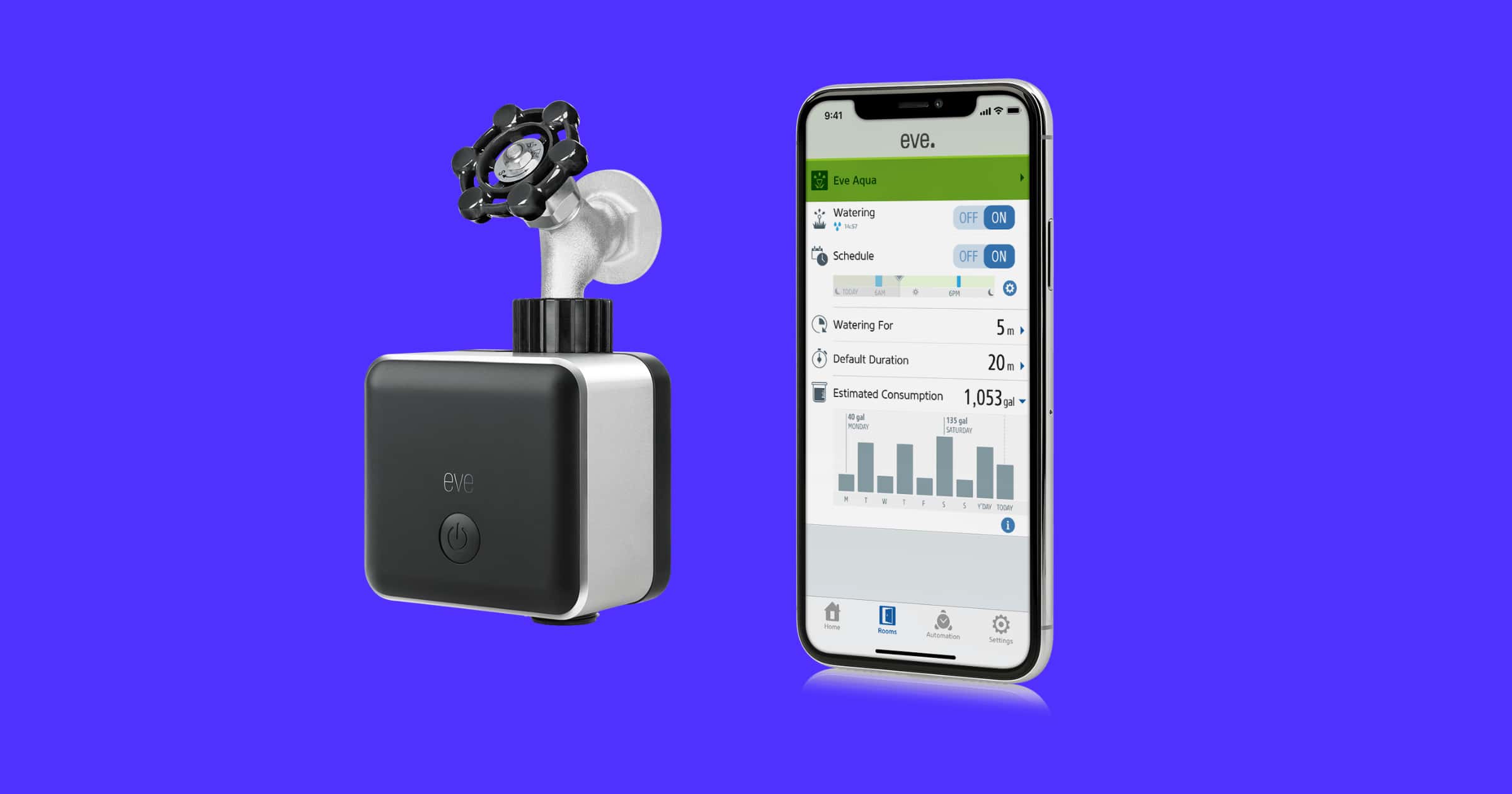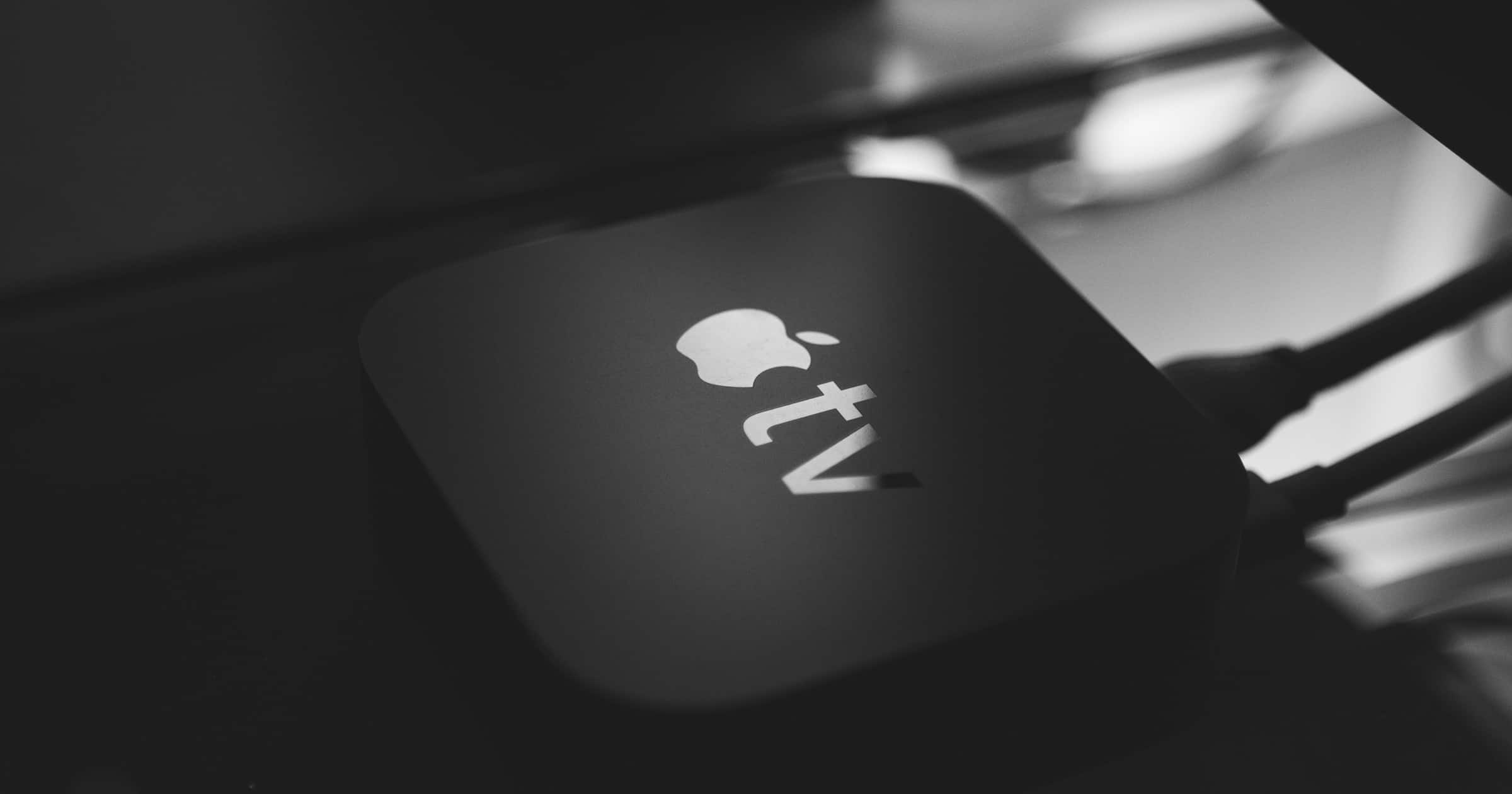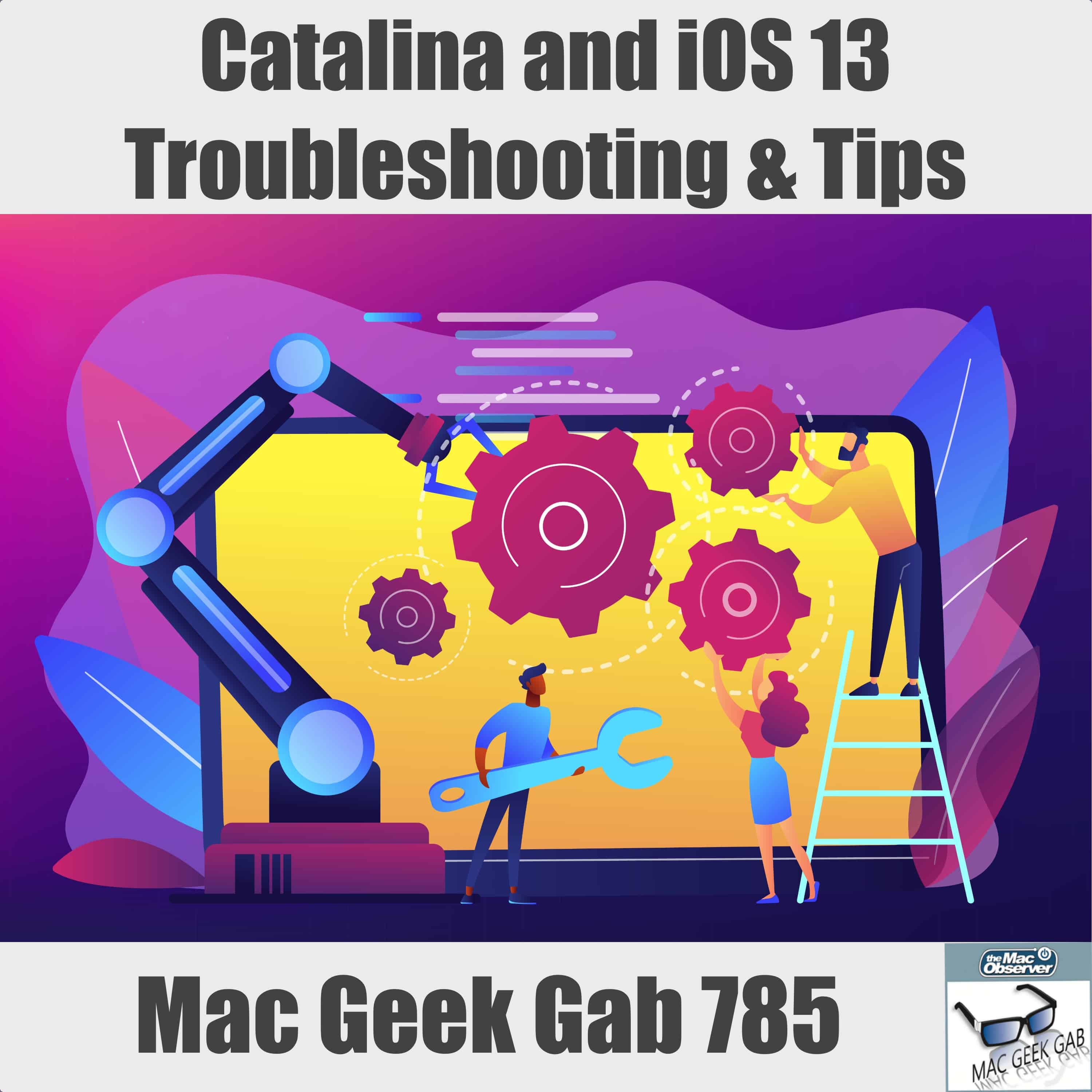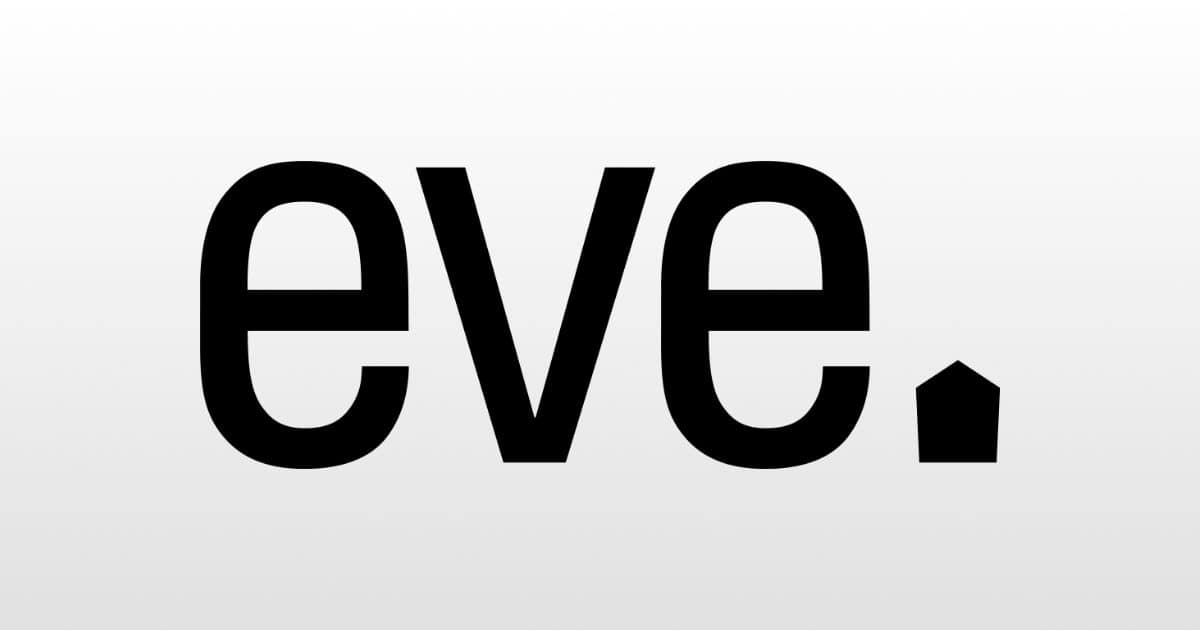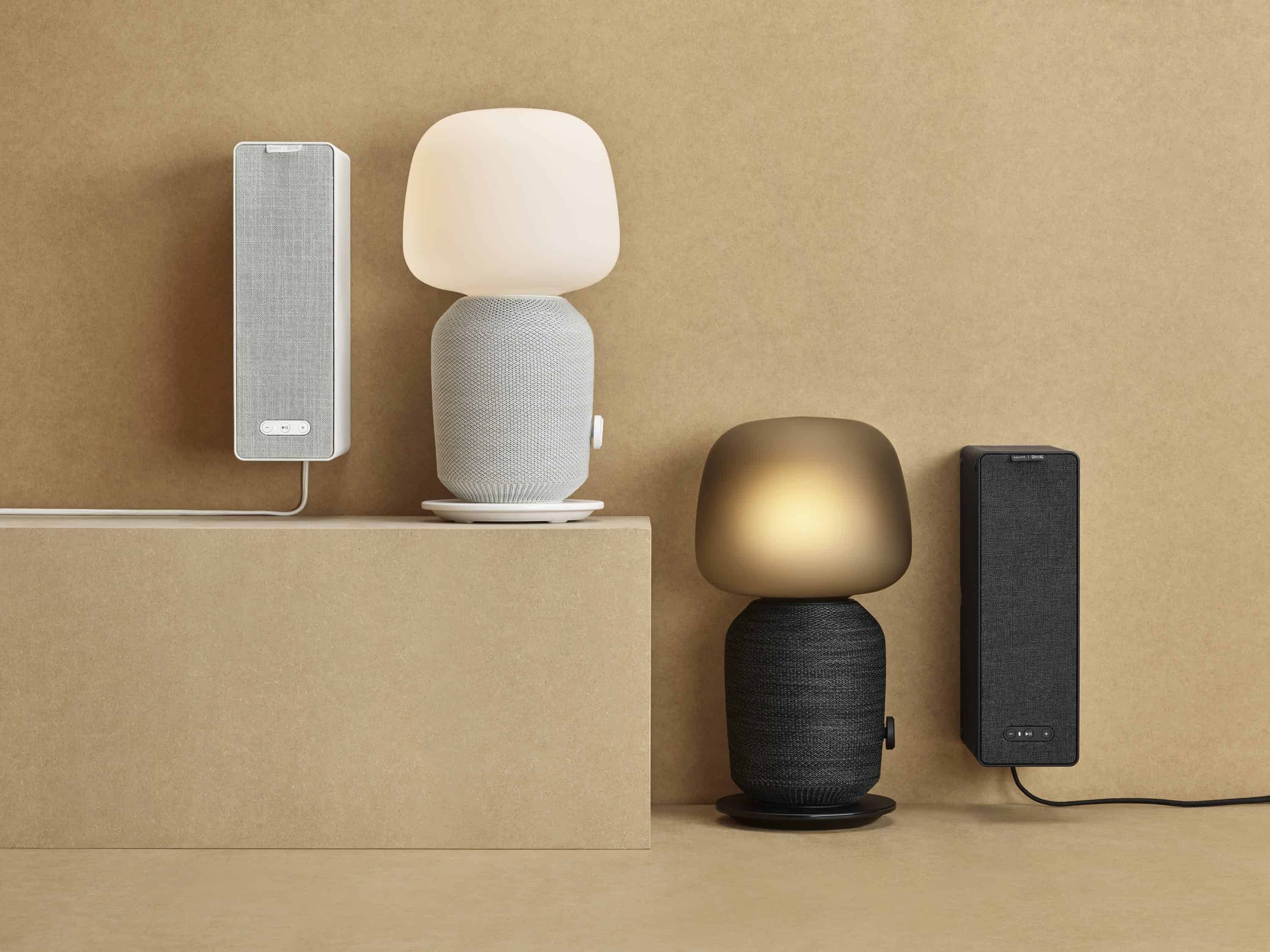Amazon is partnering with Tile and Level to create location-tracking devices that people can use to track their items.
Search: smart home
Eve Systems Adds Thread Support to Eve Aqua
Eve Systems announced on Thursday that it added Thread support for Eve Aqua in its latest firmware update.
Making The Case For The Apple TV
Over on AppleInsider, Neil Hughes has put forward the case for defense for the Apple TV. He also suggested some different directions the device could be taken in. It works nicely alongside Tuesday’s episode of Media+!
If the Apple TV is to ever be promoted from its “hobby” status, that probably means that Apple would need to enhance and grow the product lineup with more options. So perhaps that means it employs a few of the potential outcomes outlined above, allowing the company to hit various price points and needs. It’s not difficult to envision a premium Apple TV with soundbar and/or built-in Siri smart home capabilities, being sold alongside an inexpensive $50 stick with access to the tvOS App Store limited to streaming apps. And perhaps in the middle there could be a gaming-focused model, shipping with a controller but not focusing on the extraneous voice and smart home controls that gamers might not care about.
Huawei Wants 5G Royalties from Apple and Samsung
Huawei is set to start asking the likes of Apple and Samsung 5G patent royalties, executives have said. The Chinese firm did though confirm that it is will to negotiate flexibly, with different rates for different 5G products, Bloomberg News reported.
The owner of the world’s largest portfolio of 5G patents will negotiate rates and potential cross-licensing with the iPhone maker and Samsung Electronics Co., Chief Legal Officer Song Liuping said. It aims to get paid despite U.S. efforts to block its network gear and shut it out of the supply chain, but promised to charge lower rates than rivals like Qualcomm Inc., Ericsson AB and Nokia Oyj. Huawei should rake in about $1.2 billion to $1.3 billion in patent and licensing fees between 2019 and 2021, executives said without specifying which of those stemmed from 5G. It’s capping per-phone royalties at $2.50, according to Jason Ding, head of Huawei’s intellectual property department. China’s largest technology company by revenue wants a seat at the table with tech giants vying to define the rapidly evolving field of connected cars, smart homes and robotic surgery.
LG Display to Showcase Transparent OLED at CES 2021
LG Display is set to show off Transparent OLED at CES 2021, demonstrating how the technology can be used in smart homes and mobility.
Kelly and Dave's Gift Picks – TMO Daily Observations 2020-12-03
Dave Hamilton joins host Kelly Guimont to discuss gift picks for the holiday gift giving season, whether to yourself or others.
Eero 6 and Eero Pro 6 Announced with Wi-Fi 6 Support and Built-in Zigbee Hub
Eero 6 and Eero Pro 6 are available for preorder on Amazon and Eero’s site for November delivery.
iOS 14: Create Background Automations That Don’t Need Your Input
A welcome change in iOS 14 users involves Shortcuts. It’s now possible for certain automations to run entirely in the background.
FCC Tests Eero Wi-Fi 6 Mesh Routers WIth BTLE, Zigbee
The FCC has been testing Eero’s Wi-Fi 6 mesh routers. Not much is known about these devices, including a launch date, but it appears that these products will have Bluetooth Low Energy and Zigbee to enable smart home automation connectivity.
Although the underside diagram for Gateway and Extender is shaped somewhat like the second-generation Beacon design, we don’t see any plugs shown—so it seems unlikely that they will be wall-wart designs like the Beacon’s or like Eero competitor Plume. We expect the new generation of devices will likely be desktop-style designs, with external power supplies.
Geek Challenges, Quick Tips, and Your Network Questions Answered — Mac Geek Gab 827
John and Dave take a few deeper dives today to solve your peskier problems… Geek Challenges, we like to call them (though sometimes we call them “Stump the Geeks!”). Listen as your two favorite nerds talk through creatively increasing your broadband speeds, diagnosing those CPU spikes, managing battery life, Wi-Fi issues, and more. Of course, your favorite Quick Tips are here, and maybe even a few more surprises. Press play and watch while you learn five new things!
Eero Mesh Routers Available on Apple.com
Today eero announced that its mesh routers are now available to on Apple.com, like the Mesh Wi-Fi Router and Beacon Mesh Wi-Fi Range Extender.
Wink Subscription Deadline Has Been Extended by One Week
Wink wants customers to sign up for its monthly subscription. The deadline—which was today—has been extended by one week to May 20.
Wink: Give Us $5 Monthly Or Lose Access to Your Devices
Wink is a company that makes smart home devices, and it recently announced it will force customers to pay a US$5/month subscription or they will lose access to device functionality.
In order to provide for development and continued growth, we are transitioning to a $4.99 monthly subscription, starting on May 13, 2020. This fee is designed to be as modest as possible […] Should you choose not to sign up for a subscription you will no longer be able to access your Wink devices from the app, with voice control or through the API, and your automations will be disabled on May 13. Your device connections, settings and automations can be reactivated if you decide to subscribe at a later date.
1: I think that’s called extortion, or fraud at the very least. 2: Apparently Wink is owned by will.i.am of The Black Eyed Peas, and has trouble paying its employees. Not that it’s relevant, I just haven’t heard either of those names in years.
Apple's U1 Chip Could Change The iPhone
There was discussion about whether or not the latest iPad Pros have Apple’s U1 ultra wideband chips in them (spoiler alert: they haven’t). However, the processors could have a dramatic effect on the next generation of iPhone, as Samuel Axon explained for Wired.
Apple has been silent about its long-term plans for the chip, but researchers have found many applications for UWB. It was initially pitched to consumers (with little success) as a way to rapidly transfer large files to nearby personal devices, but the proliferation of smart home and location-based technologies has given it a new life. For example, UWB could be used to unlock your automobile door when you approach it. While this is possible with other wireless technologies, UWB is significantly more accurate than, say, Bluetooth Low Energy – accurate enough to know which specific door you’re standing next to, so only that one is unlocked. Leaks from Cupertino have indicated that Apple plans a competitor for Tile – the electronic tags you attach to valuables so you can locate them with an app. Because Tile products rely on Bluetooth LE, U1-equipped smartphones and locator tags would be more accurate at finding a precise location.
Apple At CES, New TV+ Shows – TMO Daily Observations 2020-01-09
John Martellaro and Charlotte Henry join host Kelly Guimont to discuss Apple’s (lack of) presence at CES, and the new wave of TV+ content.
CES 2020 Preview – TMO Daily Observations 2020-01-03
Dave Hamilton and John F. Braun join host Kelly Guimont to discuss CES 2020 and what TDO will look like next week as part of that coverage.
Amazon Boasts Record Holiday Sales
Amazon reported a record-breaking holiday season as U.S. online sales overall hit a record high according to a new report.
Publishers Say ‘Jury is Out’ on Apple News+
A new report on Apple News+ shows that while some publishers don’t make a lot of money from Apple’s service, they plan to stick around.
macOS Catalina and iOS 13 Tips and Troubleshooting – Mac Geek Gab 785
macOS Catalina and iOS 13 have been out for a few weeks now, and your tips and questions have been coming in. Plus, Dave learned a few things at MacTech last week to add. Mix in some Cool Stuff Found, a few Quick Tips, and some follow-ups from last week and we’ll all learn at least five new things!
iPhone 11's U1 Chip Could Spark a Revolution
You wouldn’t know it because it wasn’t mentioned during the iPhone 11 keynote, but the new iPhones have a new chip. Called Ultra Wideband, or “U1” it’s a way for iPhones to figure out their position in 3D space relative to other U1 devices. Apple mentions the use-case of a person pointing their U1 iPhone at another U1 iPhone to send files over AirDrop. Jason Snell writes that this is just the beginning.
But the possible applications of UWB go way beyond AirDrop and tracking tags. Decawave’s Viot says potential applications include smart home tech, augmented reality, mobile payments, the aforementioned keyless car entry, and even indoor navigation. (And it’s not a power hog, either—Viot says that Decawave’s latest UWB chip uses one-third of the power of a Bluetooth LE chip when in beacon mode, as a tracking tile would be.)
Eve Announces Four New Products at IFA 2019
Eve Systems creates products for the smart home, and it announced four new products at IFA 2019.
Amazon Helps Cops Get Ring Surveillance Videos Without Warrants
A couple weeks ago I shared news that Amazon is requiring police to promote its Ring surveillance cameras. Not that bad, I thought, because at least the police had to have the owner’s permission. But I was optimistic, because Amazon is giving police talking points on how to persuade owners, and even seizing the video footage if the owner said no.
As reported by GovTech on Friday, police can request Ring camera footage directly from Amazon, even if a Ring customer denies to provide police with the footage. It’s a workaround that allows police to essentially “subpoena” anything captured on Ring cameras.
Things like government surveillance and hacking are precisely why I will never buy smart home products. Update: A Ring spokesperson emailed me a correction: The reports that police can obtain any video from a Ring doorbell within 60 days is false. Ring will not release customer information in response to government demands without a valid and binding legal demand properly served on us. Ring objects to overbroad or otherwise inappropriate demands as a matter of course.
SONOS and IKEA Blend Sound with Furniture for SYMFONISK Table Lamp and Bookshelf Speakers, Starting Under $100
Keep on the lookout for these IKEA-designed Sonos speakers, coming August 1, 2019. If you’ve got Sonos in your home already, this is a great way to add more. If you haven’t yet opened your doors to Sonos, here’s a very affordable way to do exactly that, while adding some style in the process!
Prime Day 2019 Was Amazon's Biggest Event Ever
Amazon declared Prime Day 2019 the largest shopping event in its history with customers from 18 countries buying over 175 million items.

